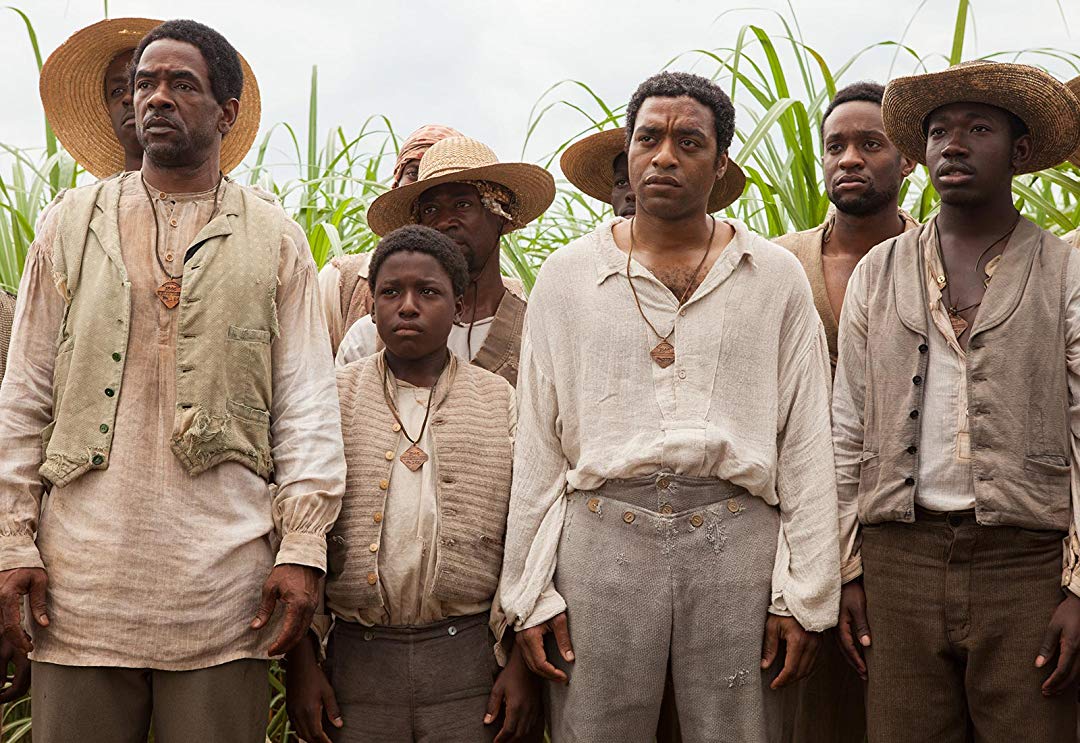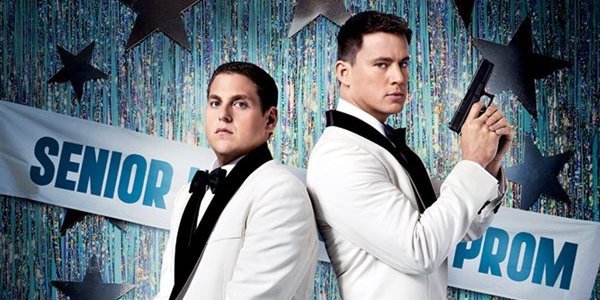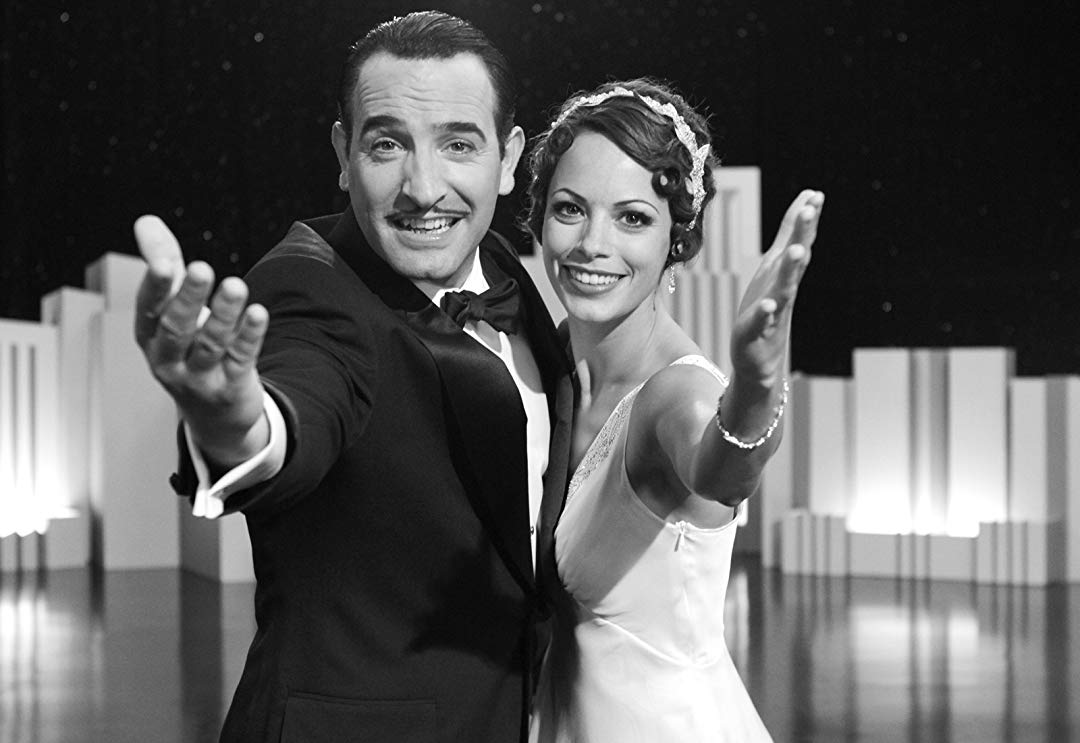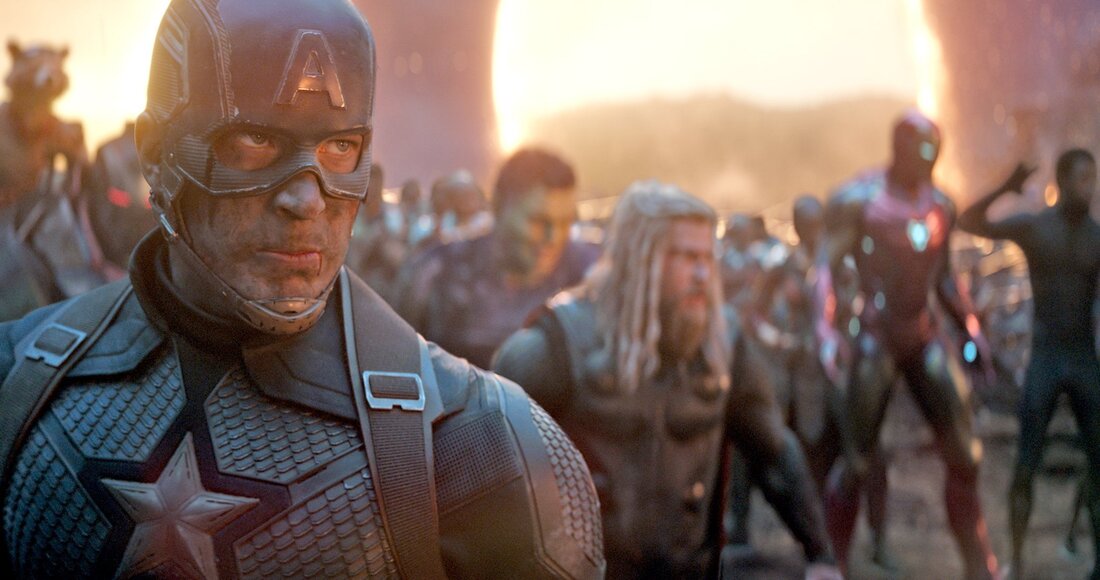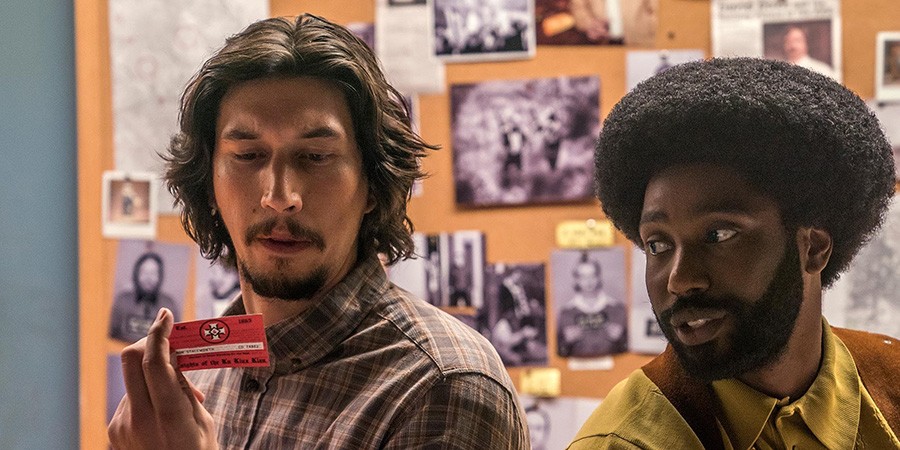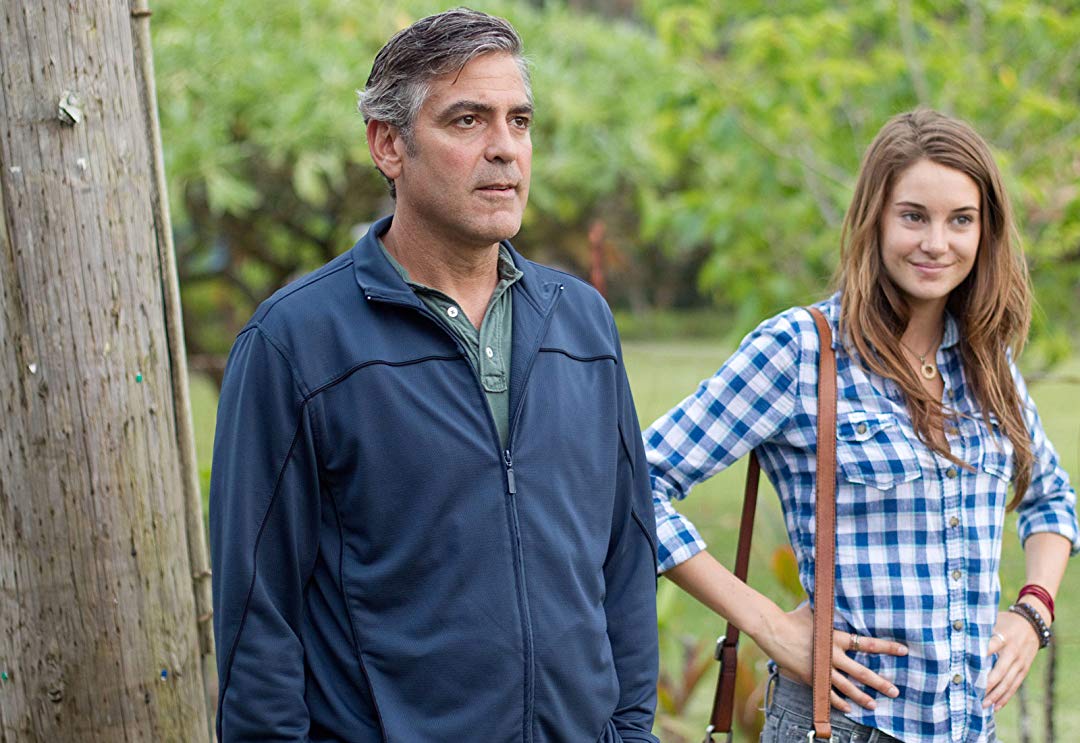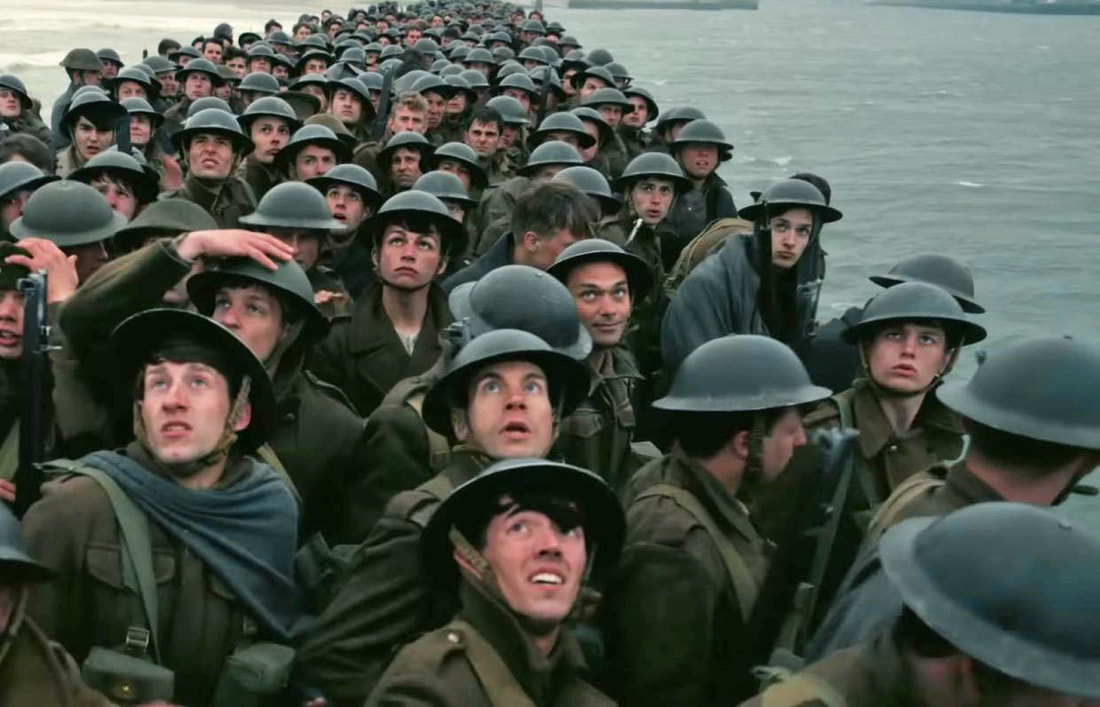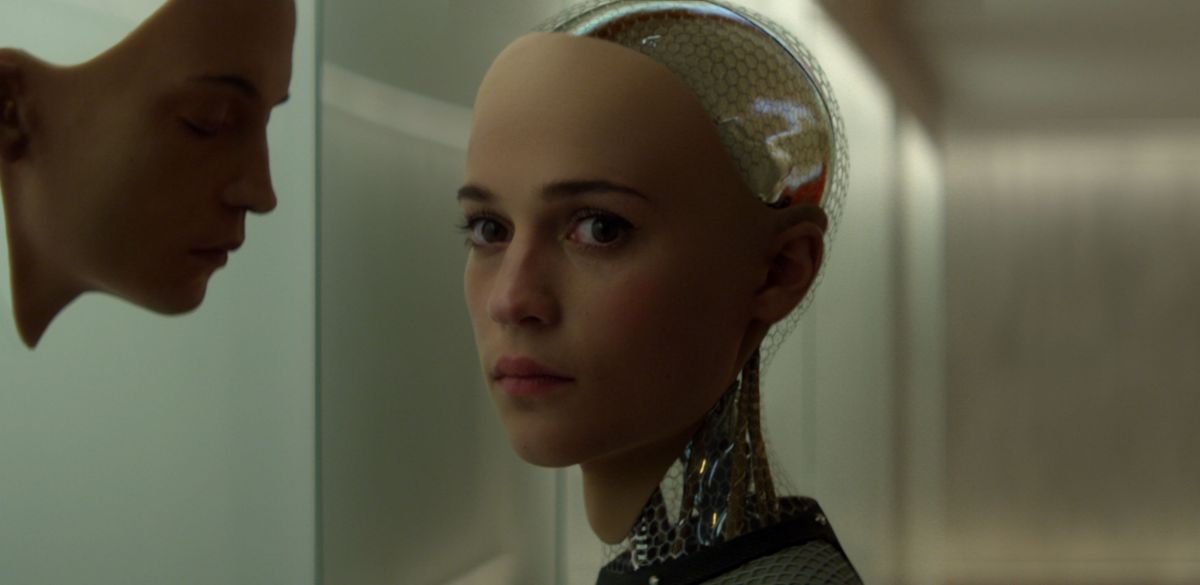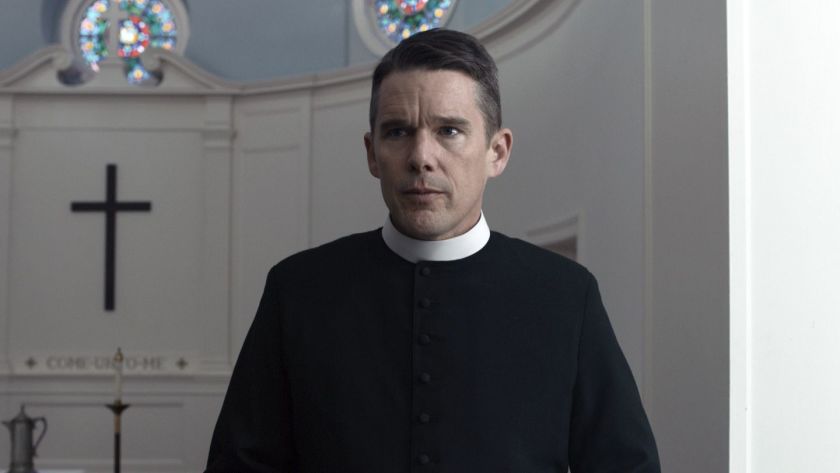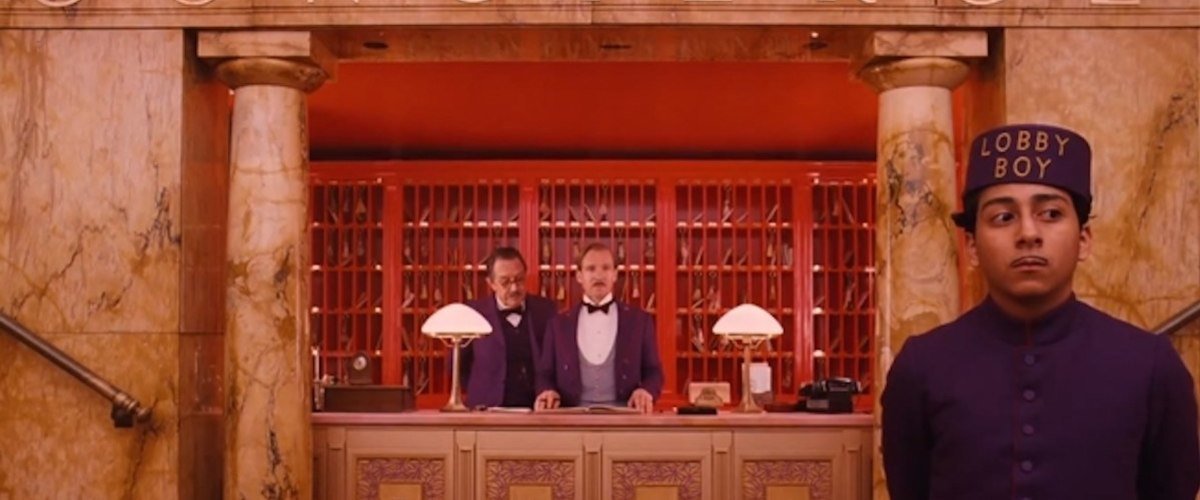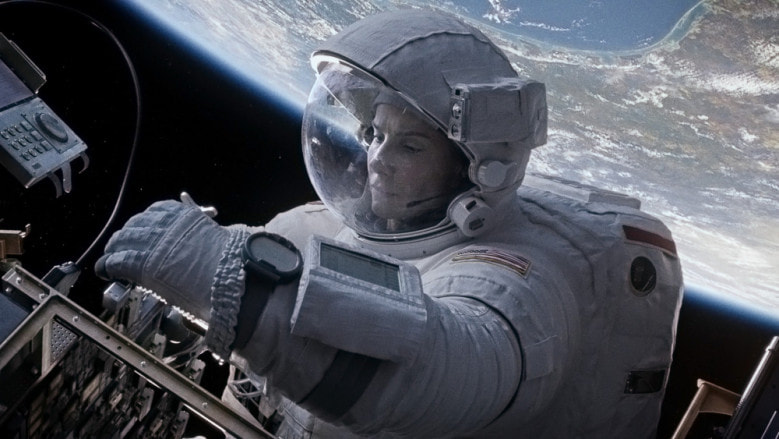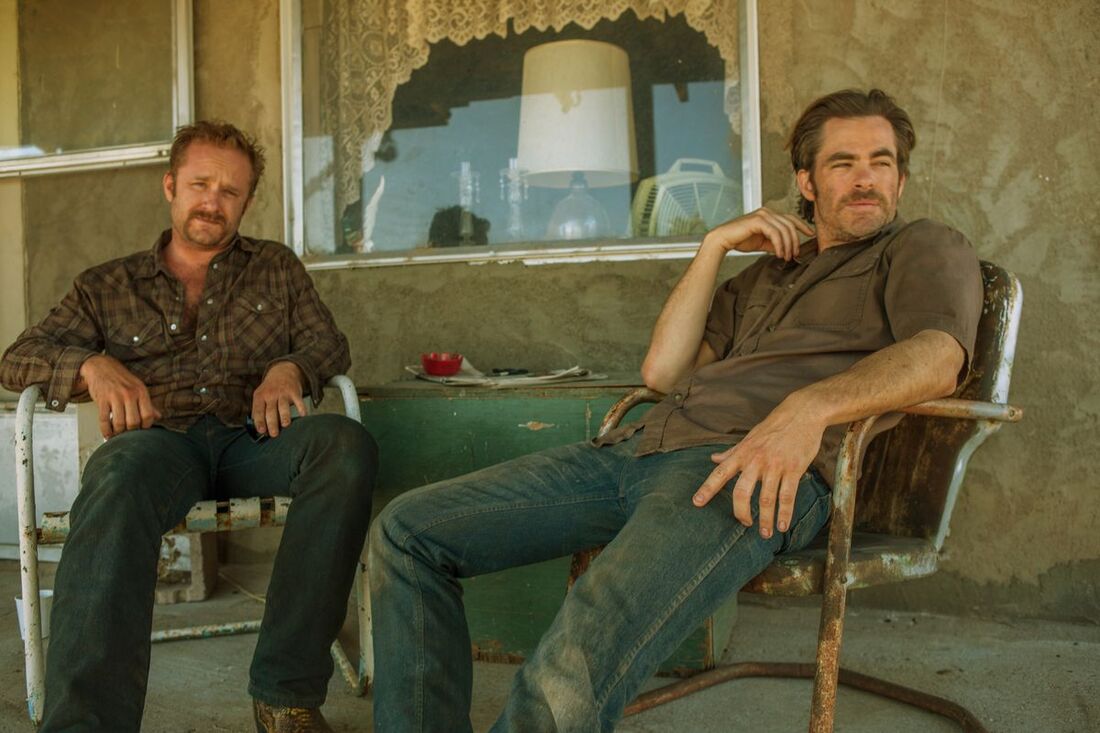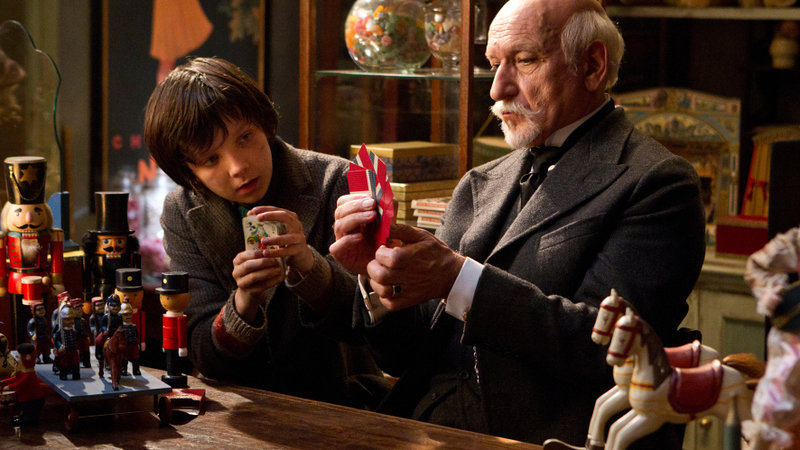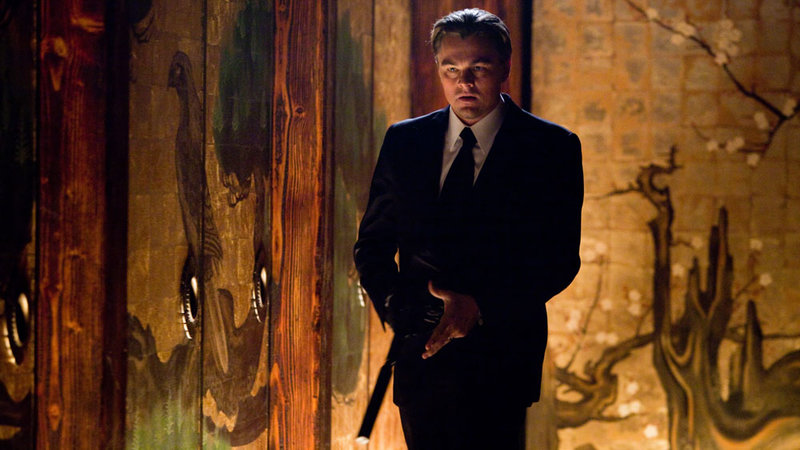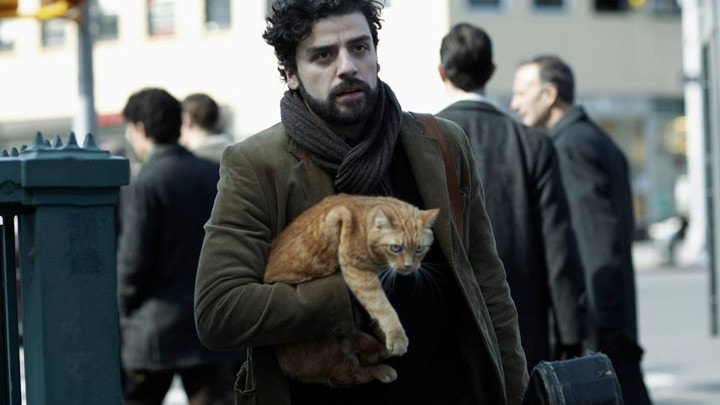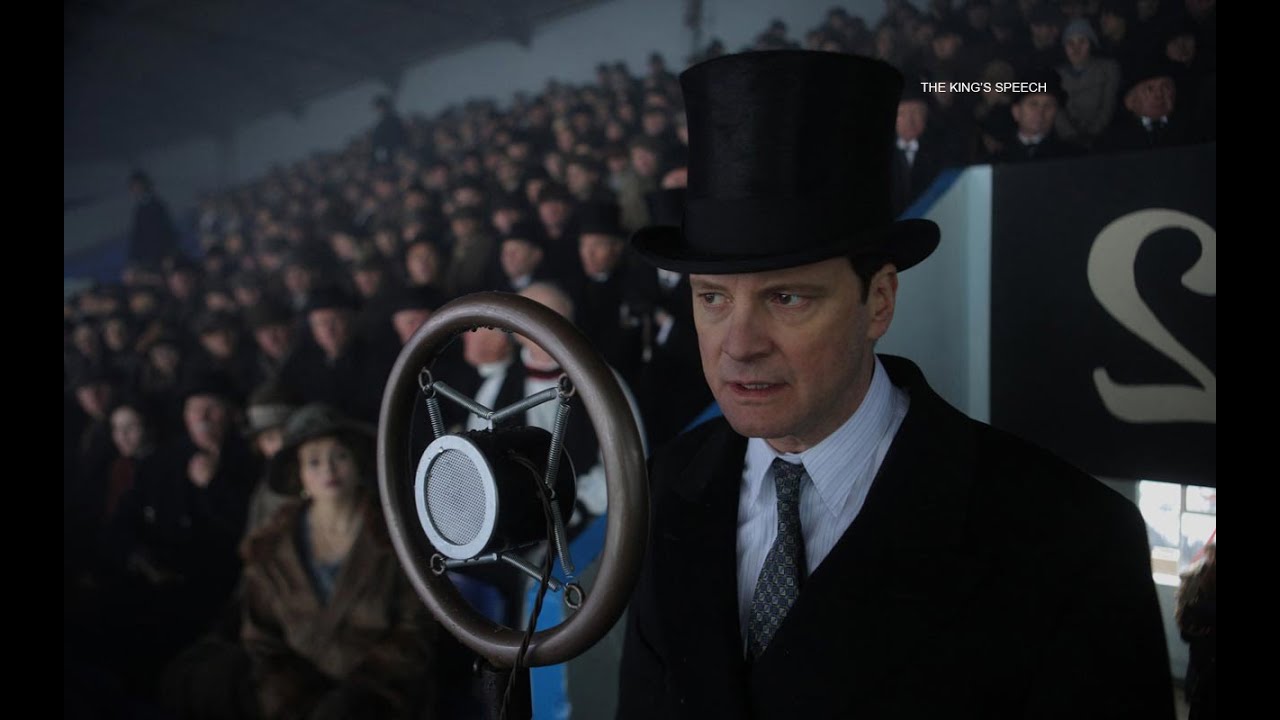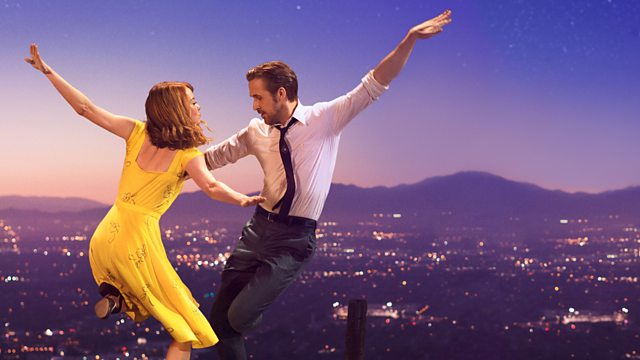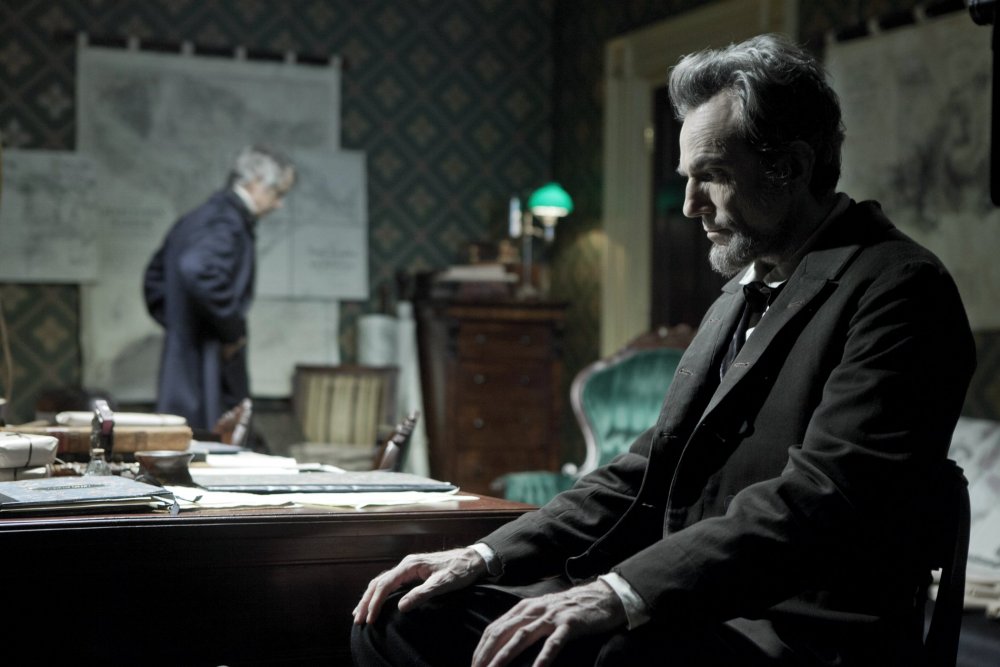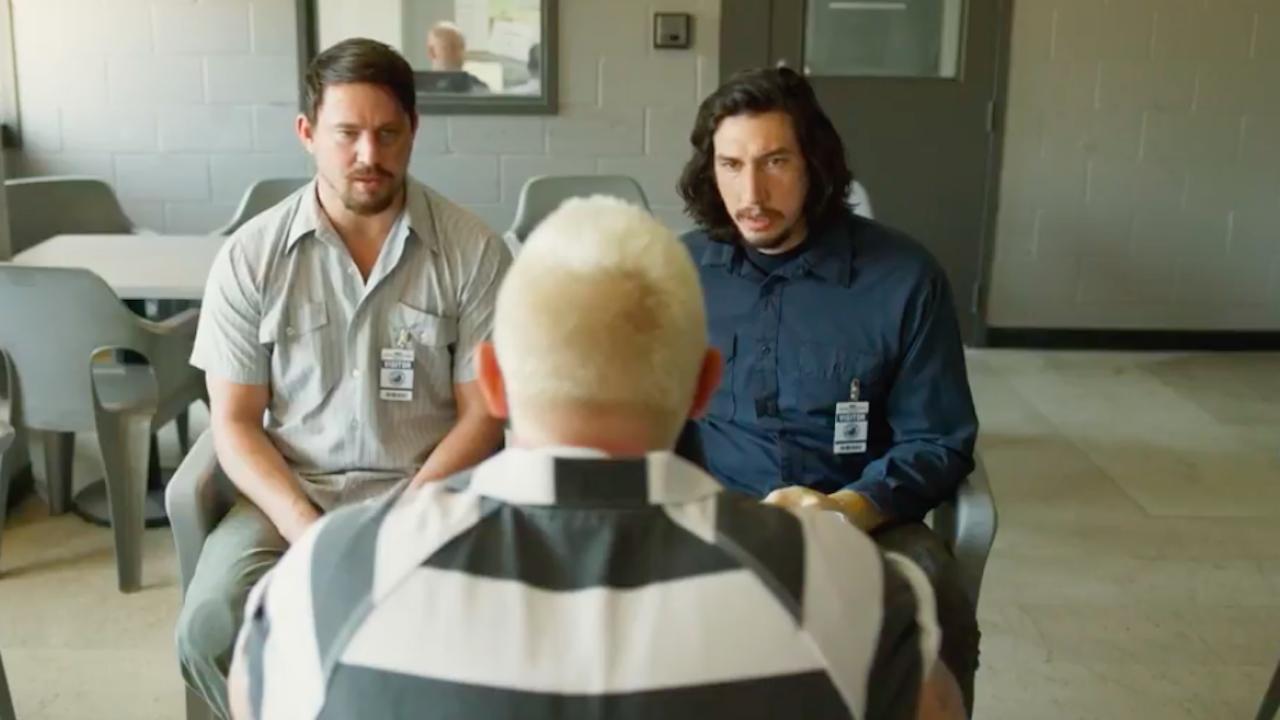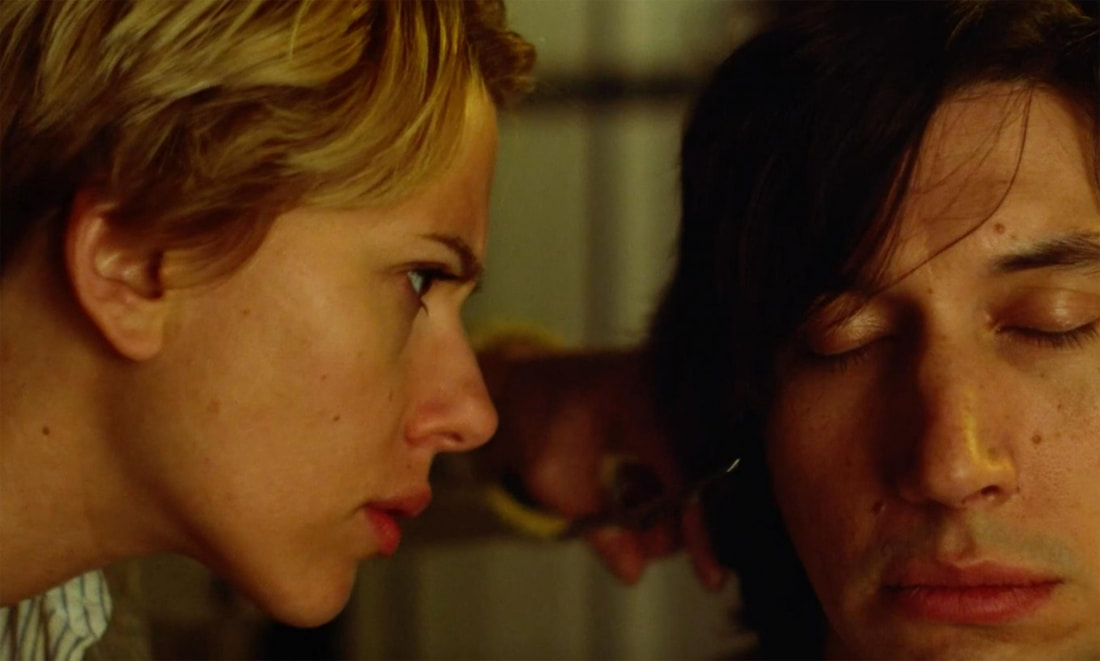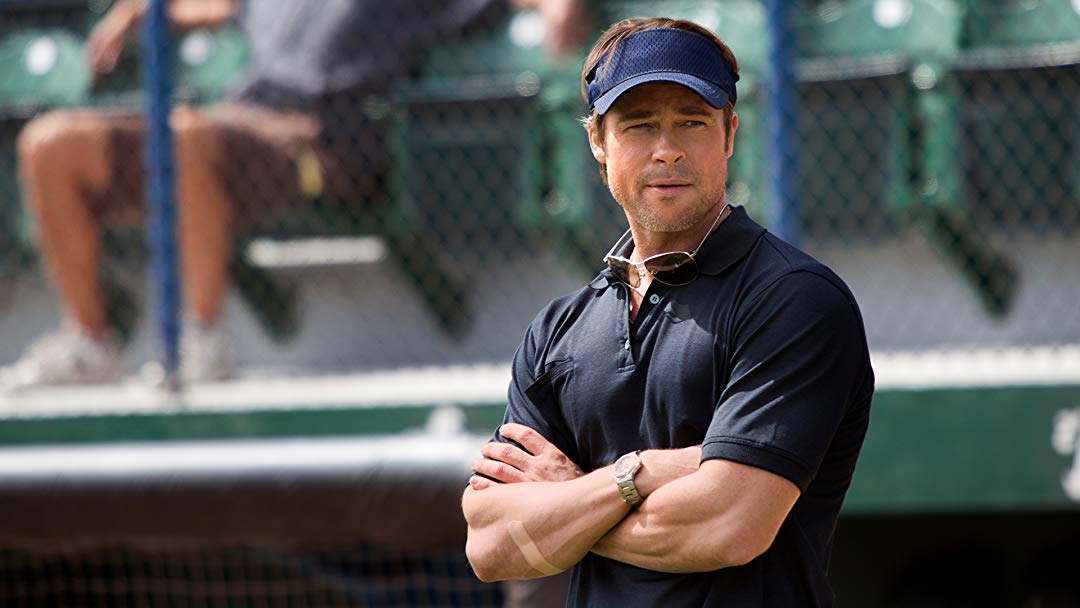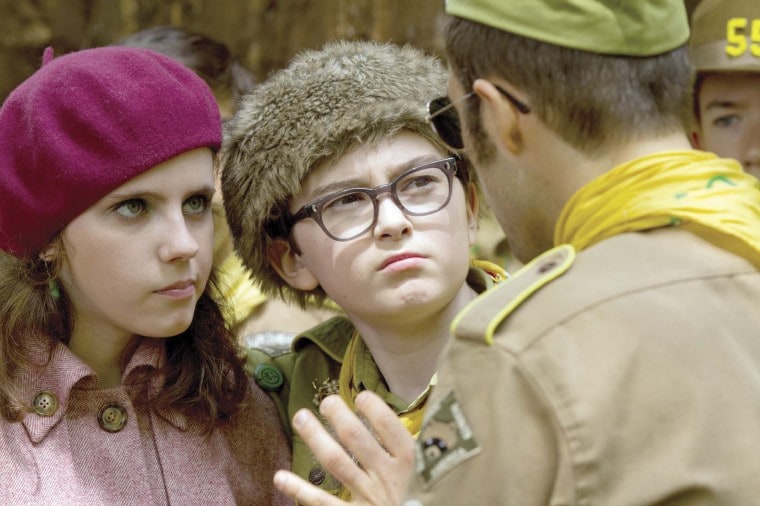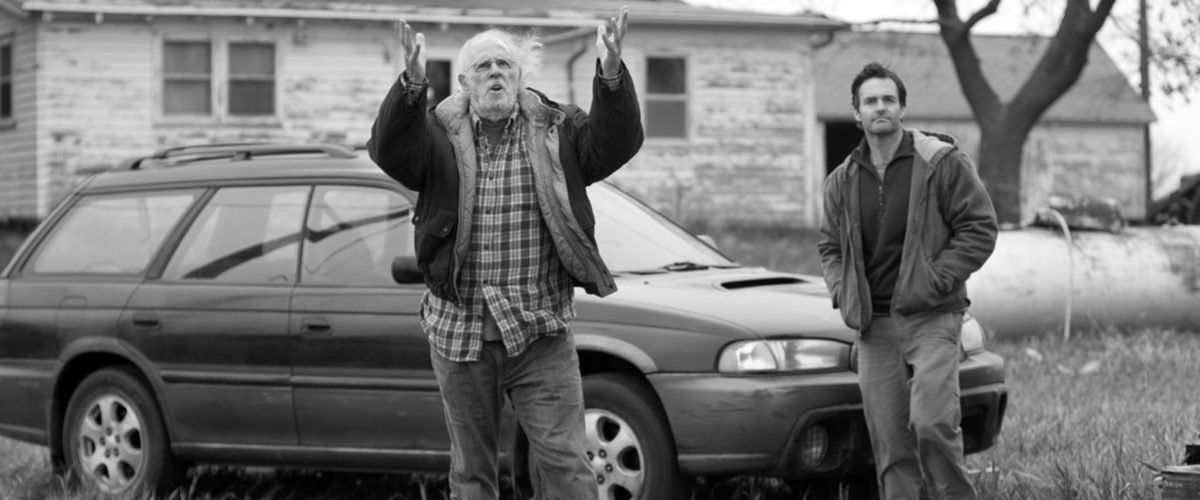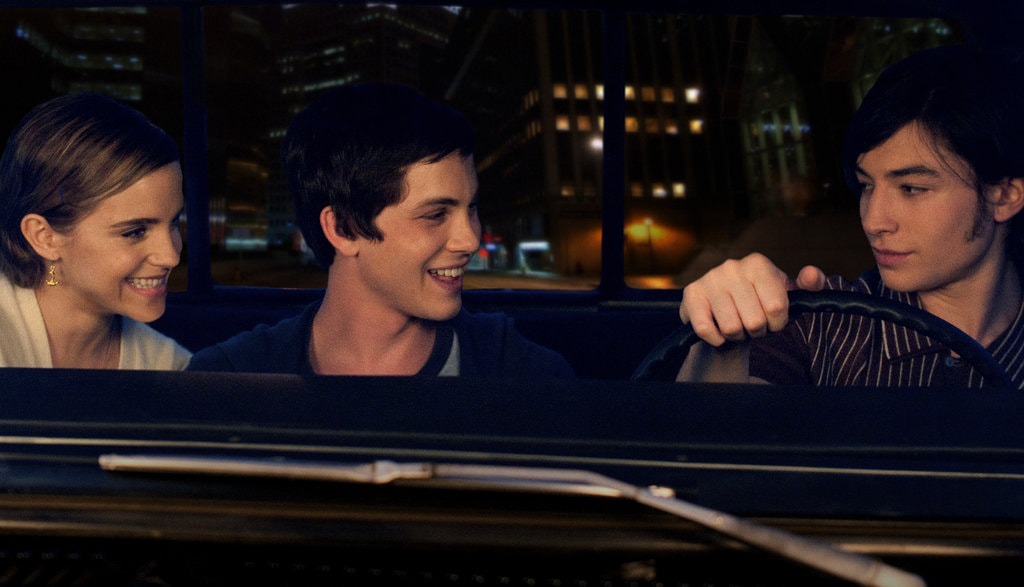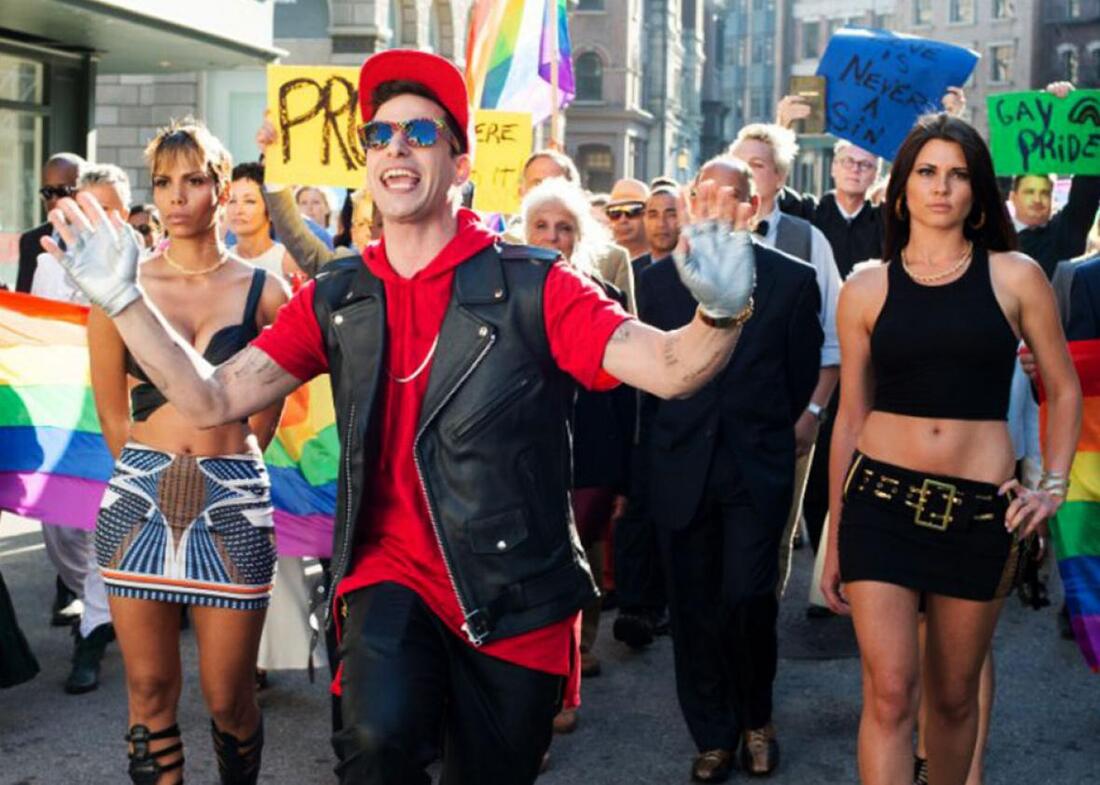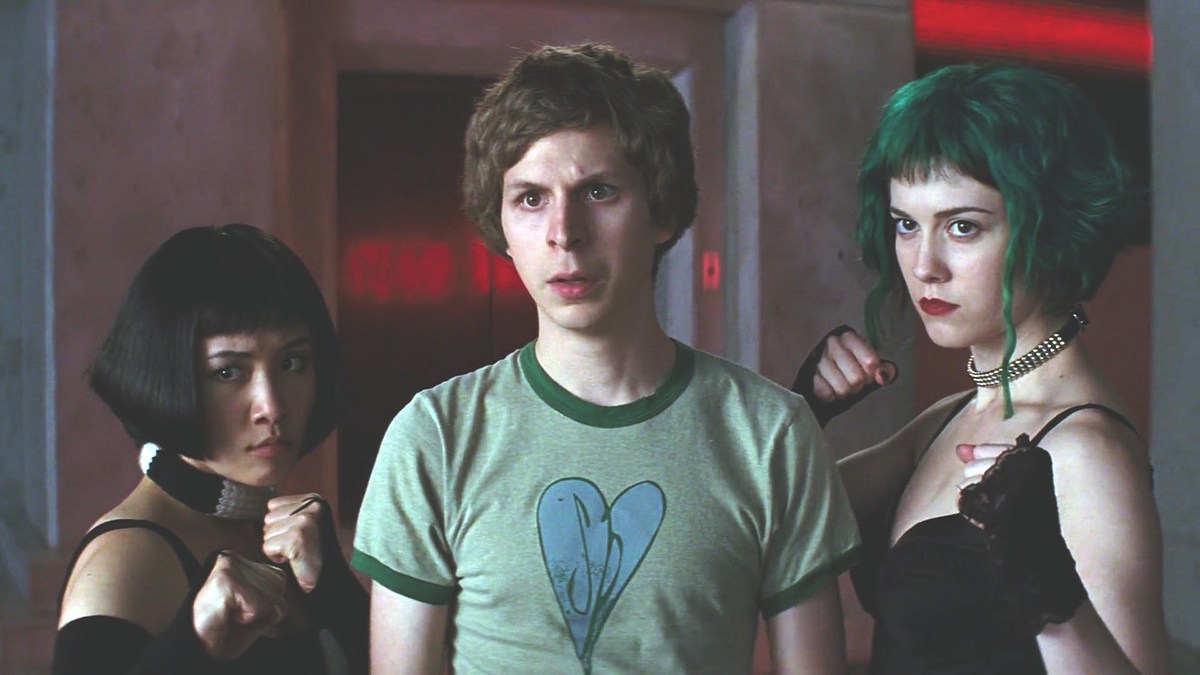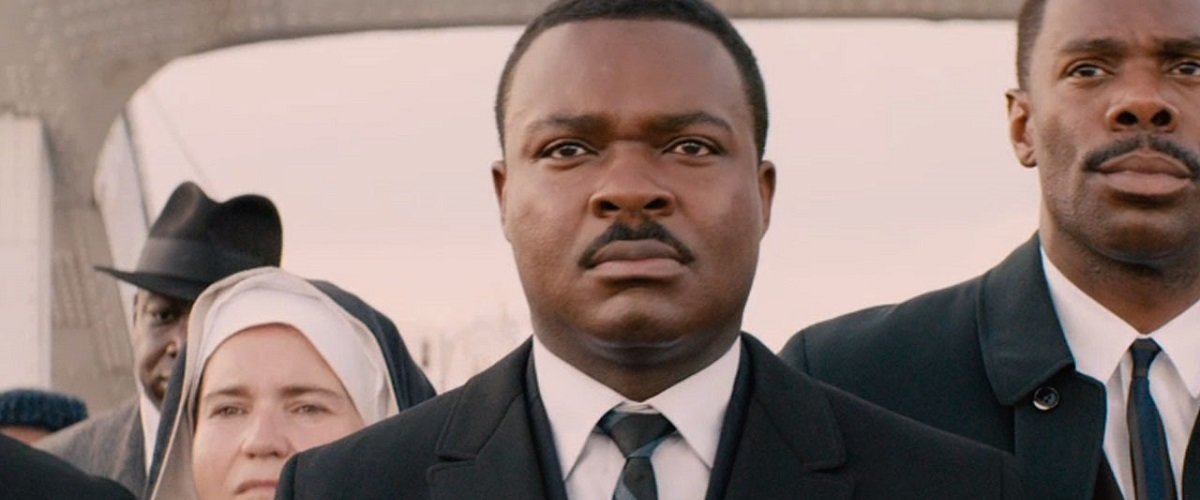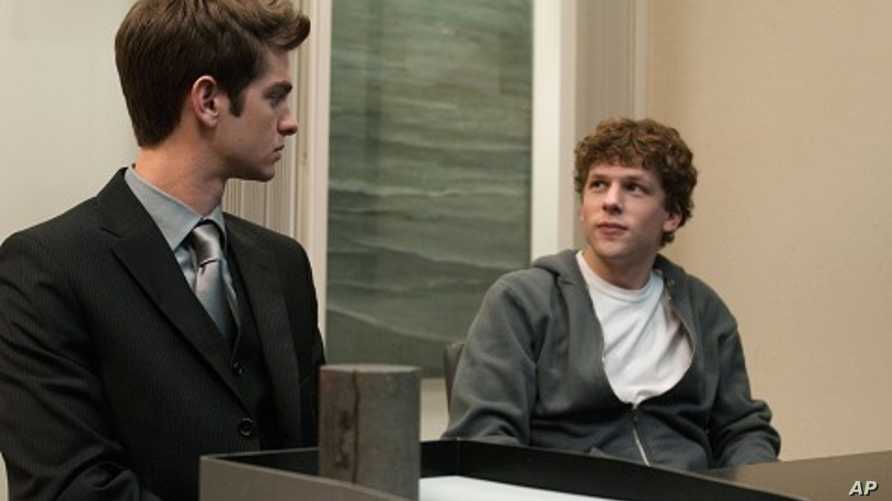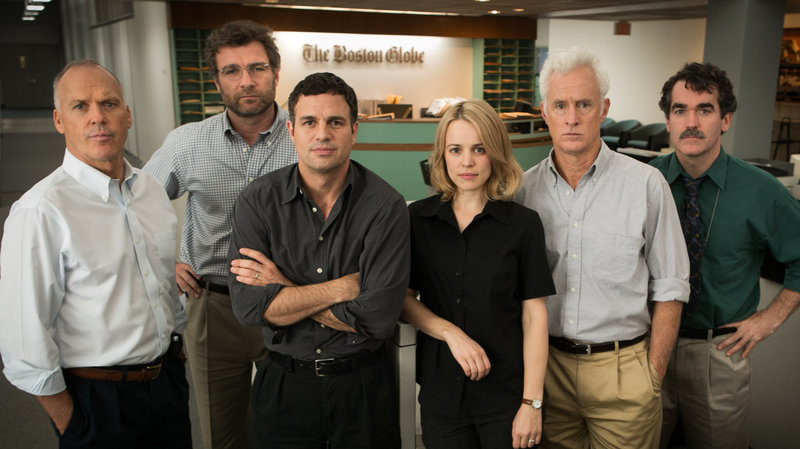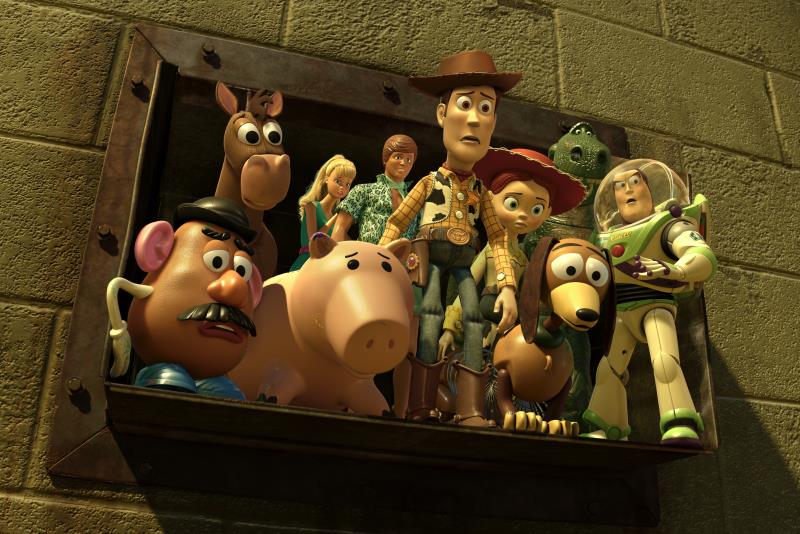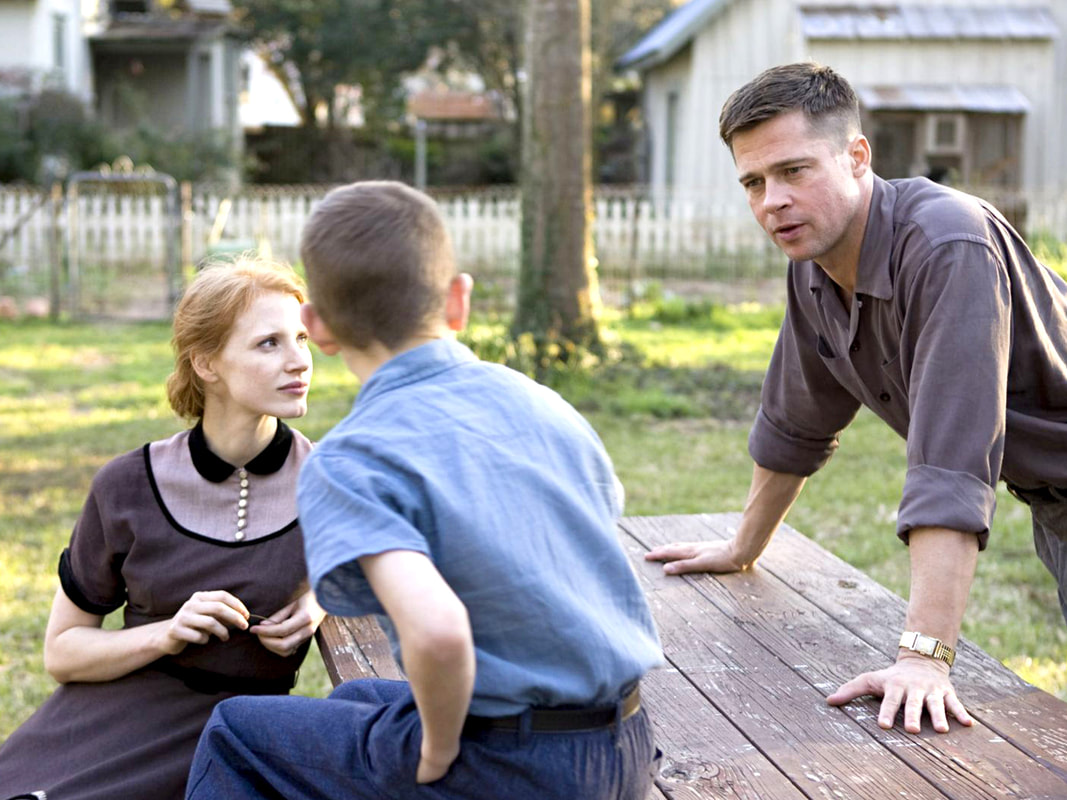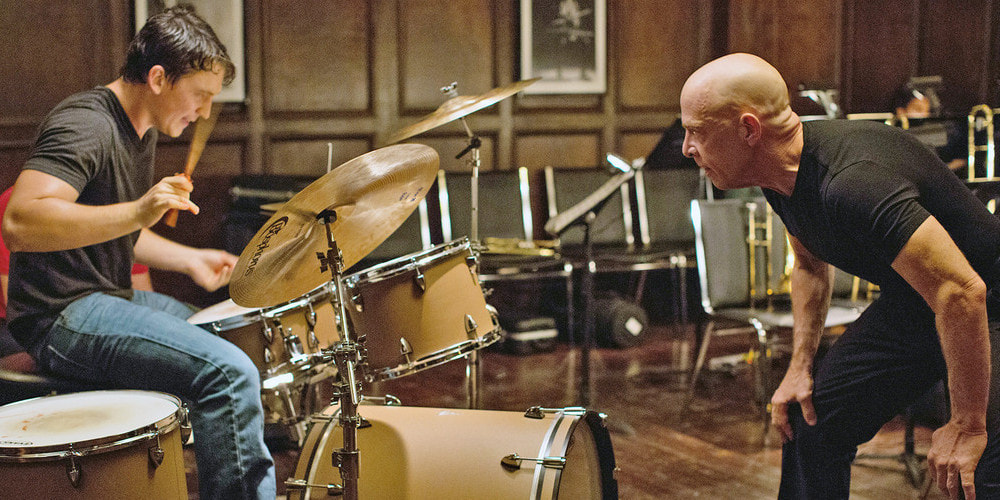|
by Philip Price, Julian Spivey and Tyler Glover *portions of this article were previously published on this website 12 Years a Slave (2013)This is a film both so involving and at the same time so draining that you feel exhausted after having experienced it. It is a damn tough film to watch, but a necessary lesson in perspective that ultimately makes you appreciate what you've seen if not for the unflinching history lesson, but for the craft in which it is conveyed. It is a daring film that was willing to go that extra mile and put you in the psychological state of a slave that lived under constant pressure and stress, a life that many would say is not worth living, yet our ancestors are the ones who subjected these people to that lifestyle and held their one chance to make something of this one life nothing more than an existence they would have never lived given the choice. PP 21 Jump Street (2012)Comedies never get enough of the love they sometimes deserve in these year-end lists, but I love a year that produces a comedy I can really get behind and still feel credible when including it on something like this. I feel as if “21 Jump Street” has provided us with more sayings, more moments, more quotes that will live on for much longer. This is truly one of those movies I can put on any time and enjoy it. The main reason this film worked so well was the chemistry between leads Jonah Hill and Channing Tatum. PP The Artist (2011)When it was announced “The Artist” would be a black and white silent film, a lot of naysayers believed it to be a gimmick geared toward winning Oscars. Well, if it was a gimmick, it was a successful one. "The Artist" tells the story of a silent actor who feels his fame begin to dwindle at the rise of the "talkies." From an incredible script, great score, amazing performances from Jean Dujardin and Berenice Bejo, and the nostalgic setting of old Hollywood, "The Artist” truly delivers art on all levels. TG Avengers: Endgame (2019)The culmination of 11 years and 22 films worth of story, “Avengers: Endgame” concludes one of the greatest experiments in cinematic history and does so with as much grace and satisfaction as one might hope or expect a single moment to capture. Directors Joe and Anthony Russo have achieved what felt damn near impossible leading up to the release of the film and that is to have met the loftiest of expectations. Having been invested in these films for over a decade now and experienced the highest of highs and lowest of lows with each of the key players, ‘Endgame’ takes it upon itself to find both closure in and resolution to many of the biggest arcs that have - knowingly or unknowingly - been playing themselves out for much of this same time period. While ‘Endgame’ more than compensates the eager opening night audiences with its pure "fan service" finale, the casual viewer or even the small remainder of the rest of the general population that hasn’t seen a single Marvel movie-should they decide to invest themselves this late in the game-might find themselves rendered surprisingly affected in these times of great trial and potentially even greater consequence. PP BlacKkKlansman (2018)A history lesson and galvanizing procedural all in one, Spike Lee's “BlacKkKlansman” is one for the ages. An incredibly heavy, effectively powerful film that drenches you in the world in which it operates, pulls absolutely no punches, and delivers a film from a focused filmmaker who is not only presenting a timely conversation that needs to happen, but conveying his side of the conversation with style, eloquence and immense profundity. Many of Lee’s films are pointedly about what they’re about, but when Lee actually has a story to work his themes through, he is able to create more fulfilling and impactful experiences. This is what makes “BlacKkKlansman” the perfect story for Lee to tell. The true life events the film is based on provide an entertaining template to discuss the politics Lee desires to discuss while the true story is also entrenched in the racially charged dilemmas of the late ‘70s (and unfortunately, of today as well). In essence, it’s a perfect melding of artist and material. PP Coco (2017)Upon first learning of a sequel to Mary Poppins, I was very skeptical and felt it was going to be a disaster. Rob Marshall had the success of "Chicago" but also the failure of "Nine" in its movie musical filmography. Which one would it be? It was not quite the level of "Chicago" but turned out to be one of the biggest surprises of the decade for me. In this sequel, Mary Poppins returns just as a grown Michael Banks is about to lose the family home due to the crooked antics of the new leadership at the bank. Rob Marshall's direction, Emily Blunt's practically perfect in every way portrayal of Mary Poppins, and the terrific songs really make this film something truly special. The Descendants (2011)I’m still a bit bothered that George Clooney didn’t win a Best Actor Oscar for his role as Matt King in Alexander Payne’s 2011 release “The Descendants.” It might seem unlikely or even impossible for a film to be both heartbreaking and heartwarming all at the same time, but that’s exactly what you get with this film. “The Descendants” follows the busy and currently tragic life of Matt King, who is a descendant of one of Hawaii’s first white, land-owning families and thus, along with his relatives, owns a good portion of Hawaiian land, which is worth a pretty good fortune. One of the plotlines in the film is whether or not Matt will give the OK to sell off this land, which is an emotional and difficult task on its own, but is compounded by the fact that his wife is in a coma from a boat accident and she’s not going to make it. And, if all of that isn’t enough, shortly into the movie Matt finds out that his wife was having an affair before her accident. That’s not even it, Matt also has two daughters who he must learn to raise, the oldest of which is quite the troublemaker. It’s a tour de force performance from Clooney trying to navigate all of this and he does it with an effortless ease. JS Drive (2011)What I love most about "Drive" is it proves a film can truly be both greatly artistic and fun at the same time. I can't say that I had a more engaging experience at the theater while also admiring the craft on hand. Every element of this film comes together to create a piece of cinema that is in a class all its own. It is a combination of the familiar to make something completely unique. It is a patient movie; it is a rush of adrenaline. And what is most beautiful is that the movie as a whole becomes the idea, an incarnation of our main character. It is cool and collected, stylish to the point of envy and exuding confidence even if everything about it might have been a gamble. The minute it was over I wanted to go right back in and see it again. "Drive" is no doubt an unnerving experience and sadly, one some people will not understand if they go in expecting a full tilt action flick the trailers made it to be. I'm just glad that it wasn't the standard "Fast and Furious" though, I am thankful Ryan Gosling was wise enough to choose a director for the material who could really turn this into an experiment that at the end of the day is just as thrilling and ten times more artistic than what this could have easily become. Excuse me now, while I go pick listen to the soundtrack and continue to drive around pretending to be a bad ass. PP Dunkirk (2017)Christopher Nolan’s 2017 film “Dunkirk” is a masterpiece in letting the action and events of a story take the main focus and not any one performance or multiple performances. The evacuation of Dunkirk during the early part of WWII was a key moment for the success of the allies and especially the British as it would’ve been a devastating loss of life had it not been successful. Nolan tells the story of this evacuation in three facets: land, sea and air and with the film containing little dialogue gives it this documentary like feel that really places you within the story. JS Ex Machina (2014)The concept of robots overtaking the world or becoming more intelligent than humans has been covered in films like "I, Robot," where the focus is preventing world domination. "Ex Machina" focuses on the fate of one individual robot, making this story more personal. The story follows a programmer at a search engine company who wins a week-long vacation to the CEO's isolated home. When arriving, he learns he will be part of a Turing test for a female robot named Ava created by the CEO. Mystery, intrigue and suspense ensue. From the incredible script, Alicia Vikander's spellbinding performance of Ava, the Oscar winning visual effects, and a truly compelling plot twist, "Ex Machina" proves to be a truly intelligent machine. TG First Reformed (2017)Paul Schrader has made a career of analyzing the psyches of tortured male souls and their having to grapple with the varied struggles and conflicts their environment and/or time in history dictates they deal with. In “First Reformed” the writer/director is very much speaking to the time in which the film has been made as this is a story of a man full of anxieties and uncertainties despite his outward facade of peace and a certain serenity that only such measured priests can uphold. “First Reformed” doesn't care to follow a repeated quandary such as a crisis of faith, but instead takes on the story of a man who was beaten down by life long before he decided to make the church his one and only true love. Ethan Hawke portrays Reverend Toller in one of his best performances to date in a career filled with memorable performances as Schrader analyzes the mentality of suffering to earn salvation, but as Toller at one point poses, "Who can know the mind of God?" At another point though, Toller derives what is necessary to please God in his own, twisted way, thus painting the broad themes of contradiction that often informs the religious as well as “First Reformed.” In short, it's a thinker, but it's a stunner. PP Get Out (2017)“Get Out” is a rather striking thriller that provides a topical conversation around racial tensions that then amplifies and exaggerates the inherent tensions of its presented scenario in a way that both plays with the tropes of the horror genre while delivering commentary on innate and unavoidable fears in the black community. I heard someone explain it as, "playing on black people's fear of white people's fear of black people," and it's hard to put it any better or more simply than that. “Get Out” is making the point that we need to stop pretending we know what it's like to walk in other people's shoes. The writing of Jordan Peele that gives these performers such biting material to deliver and that, most impressively, stays consistent throughout the film’s entire runtime and most striking-through its faultless pacing. No matter how well the majority of horror films begin the trickiest part is always pulling off an ending in a way where every facet and action that has been laid out prior is paid off in the reveal and in the actions and consequences the characters take and are made subject to in the final moments. Does the end justify the means we took to get there? In “Get Out,” everything has a purpose. Not just in its success as a piece of art, but as a satirical social commentary that exposes the vicious circle of assumptions and prejudice “Get Out” works on nearly every level it attempts to play on. PP The Grand Budapest Hotel (2014)Wes Anderson's “The Grand Budapest Hotel” is many things, but at its heart it feels like a quiet epic, a love letter to time gone by with a narrative spanning decades that chronicles the exceptionally unexceptional life of one young man who was influenced by another and would have his world forever changed because of him. It is as much about the world one creates around themselves and how it determines the outcome of one’s life as it is about the actual plot of the story which, be not afraid, contains prison break-outs, gun fights, affairs with older women and a fair amount of lies and deception. More than all of this though, it is a film that beautifully demonstrates the thin line that sometimes exists between real life and imagination. PP Gravity (2013)The moment the title card came up at the end of “Gravity” I was ready to see it again. It has that type of effect on you where despite the fact what you've been a part of over the last 90 minutes was completely terrifying, completely out of your comfort zone, completely eye-opening and maybe to certain things you wouldn't want to admit; it was still so exhilarating that you want to experience it again and immediately. Director Alfonso Cuarón, who made the well-received but little seen “Children of Men” and my personal favorite Harry Potter film (“The Prisoner of Azkaban”), has crafted what could easily become one of those defining moments in cinematic history where the mythology that will no doubt come to surround “Gravity” will be as great as the content of the film itself. This is a game-changer in ways only those who hope to create something bigger than themselves, something that pushes the boundaries, but does so for the right reasons could only hope to achieve. It is a film that as far as I can tell best captures the feeling of being in space without actually having to go there. The vastness of it, the colossal weight of what it means, the beauty of it all, yet the film also comes to carry much more weight than simply functioning as a National Geographic tutorial on space travel while teaching a lesson about the consequences of space junk; it is a story about existence, about human nature, about the will to live and everything that comes along with these giant themes that are as extensive as the universe itself. PP Hell or High Water (2016)Taylor Sheridan has crafted a film where the old west meets the new one and the characters at the heart of it have crafted a genuinely brilliant plot in which they must carefully execute to get to where they want. Sheridan, while writing a new-fangled Western of sorts, is more interested in dissecting the lengths this world generally thought to be run by outlaws must go to in order to keep this already minimal lifestyle intact. For no matter this branded reputation, it was nearly impossible to escape the post-2008 world where financial crisis spread into every bit of our civilization. By presenting this picture of a modern disaster through the lens of people continuing to lose their land screenwriter Sheridan and director David MacKenzie together deliver a perfect balance of old and new, of how ignorance must give way to insight, and how bad things must sometimes be done in order for victims to prevail. PP Hugo (2011)“Hugo” was maybe the most beautifully looking film I watched all decade and I truly believe this 2011 3D film by the legendary Martin Scorsese is already one of the most underrated films not only of the decade, but also of Scorsese’s illustrious career. “Hugo” was a must-see in 3-D as Scorsese incorporated the technology in a way that perhaps no other director had before. The use of 3-D in this film is astonishing and truly makes you realize that film is an art form and Scorsese a master artisan. It’s a film that is a love letter to cinema and any movie lover should instantly fall in love with. “Hugo” tells the tale of an orphaned boy who lives in a railway station in Paris during the 1930s and befriends the important French silent filmmaker Georges Melies. Scorsese doesn’t do family movies, but he absolutely knocked this one out of the park. JS Inception (2010)"Inception" lived up to the expectations I held for it. And they were pretty darn high. Chris Nolan, with this original piece of filmmaking has set himself apart from just being "the guy who made ‘The Dark Knight’. This film, while not being as complicated as you may imagine, actually has the tone of a bank heist film. Of course, the difference here being that in “Inception” the bank is the mind and the team of robbers aren't stealing as they would usually do, but instead they are leaving something behind. It is a grand idea and Nolan explores it without losing anyone. Though he does assume his audience is smart enough to keep up, something we haven't really had to do much at this cinema this decade. PP Inside Llewyn Davis (2013)I have enjoyed Coen brothers films over the years and usually find their tone and sense of humor inviting and extremely in line with how my inner most thoughts work. “Inside Llewyn Davis” feels like something special though, something I'll cherish for a long time to come. Joel and Ethan Coen bring their bleak, deadpan humor to the 1960s Greenwich Village folk scene and focus on a kind of day in the life of a struggling musician. Ultimately, the film becomes more than this and plays into the larger themes of disappointment and the difference in leading a fulfilling life and simply existing. It is, in many regards, a hard truth to swallow about human nature, our dreams and how we are conditioned to believe things must go a certain way in order to be regarded as a success which commonly translates to a satisfaction with one’s self not too many people seem to ever fully reach. PP The King's Speech (2010)When director Tom Hooper’s 2010 film “The King’s Speech” won Best Picture at the Academy Awards in 2011 there were a lot of people upset that it beat David Fincher’s “The Social Network” for the honor (including this site’s very own Philip Price). It’s become somewhat of a growing controversy since then, but you can count me in the minority of folks who thought ‘King’s Speech’ deserved the honor. I absolutely adored the film about King George VI’s speech impediment and his work with speech and language therapist Lionel Logue to help him cope with it enough to give a declaration of war on Germany speech on radio. Firth’s truly earned his Oscar with his performance and though I was a big fan of Christian Bale’s Oscar-winning turn in “The Fighter,” I felt Geoffrey Rush should’ve won the Oscar for playing Logue. JS La La Land (2016)When Faye Dunaway and Warren Beatty announced "La La Land" as the Best Picture Oscar winner, it did not shock me, and it felt like what was going to happen all award season. When it was all revealed to be a mistake and that "Moonlight" was the actual winner, I was so bummed. "La La Land" is definitely one of the best films of the decade. “La La Land” incredibly won all seven Golden Globes it was nominated for and holds the record for the most Golden Globe wins for any film in history. When you hear of a musical being released in theaters, it is normally a Broadway adaptation. "Chicago," Mamma Mia" and "Phantom of the Opera" are examples of that. It is not an everyday situation where an original musical is released into theaters. If I were a movie executive, I would be very skeptical and easily deem it to be risky. Damien Chazelle tells the story of Sebastian (Ryan Gosling), a struggling jazz musician, and Mia (Emma Stone), a struggling actress who works in a coffee shop on a movie lot. One night, Mia overhears Sebastian playing the piano at a restaurant and goes in to listen. They eventually become a couple and the story follows Mia and Sebastian as they navigate their dreams and contemplate whether their individual dreams can be fulfilled as a couple. This film has a way of feeling current and nostalgic at the same time. The opening scene where people stuck in traffic sing and dance on the highway feels very current and brings us right into present day Los Angeles. Then, later on, Gosling reminds me of Fred Astaire when dancing with Mia to "A Lovely Night." The story really relates to all of us. All of us have dreams and all have to make sacrifices in order for those dreams to come true. Sometimes, things work out and sometimes, they do not. What really brings it all together is the performances from Gosling and Stone. They have such amazing chemistry. The way they look at each other, sing together and dance together makes you believe this is a couple that lives next door. From amazing direction, choreography, performances and a relatable story, "La La Land" truly is a phenomenal film of this decade that reminds us to dream. TG Lincoln (2012)After watching Steven Spielberg’s 2012 epic biopic on the final four months of President Abraham Lincoln’s life and his efforts to have the Thirteenth Amendment abolishing slavery passed I knew that Daniel Day-Lewis was born to play Lincoln. Of course, we don’t know what Lincoln sounded like, but Day-Lewis absolutely inhabited perhaps the most the legendary American figure to ever live on his way to winning his record-setting third Best Actor Oscar. The entire ensemble cast is terrific with great performances from Tommy Lee Jones, Sally Field, David Strathairn and a truly underrated performance from James Spader. Few films have ever made 1800s politics seem as exciting. JS Logan Lucky (2017)Steven Soderbergh had been successful with the heist genre before with the ‘Ocean’s’ trilogy, but rednecked it up a bit in 2017 with “Logan Lucky” to great effect. Channing Tatum plays a down-on-his-luck divorced dad recently laid off his job who devises a play to rob a NASCAR track on the busiest day of the track’s year with his veteran brother, played by a riveting Adam Driver, and a backwoods explosives expert, played by Daniel Craig in a scenery chewing role like he’d never done before (and honestly should’ve gotten him Oscar-nominated). “Logan Lucky” is hilarious and heartwarming all at the same time and does an excellent job telling a Hollywood story of people often forgotten by Hollywood in a way that doesn’t poke fun at or degrade them. JS Marriage Story (2019)Noah Baumbach’s 2019 drama “Marriage Story” isn’t an easy or fun watch, as no properly done movie about such a serious topic as divorced and breaking up a family would be, but the performances by Adam Driver, a likely Oscar front-runner for Best Actor, and Scarlett Johansson, who should be a shoo-in for an Oscar nomination for Best Actress, are among the best of the decade. Particularly in scenes where Driver and Johansson just go at it verbally these two are on their A-games in what could be the best performance of each of their careers thus far. It’s a piece of honest storytelling that isn’t easy to come by. JS Mary Poppins Returns (2018)Upon first learning of a sequel to “Mary Poppins,” I was very skeptical and felt it was going to be a disaster. Rob Marshall had the success of "Chicago," but also the failure of "Nine" in his movie musical filmography. Which one would it be? It was not quite to the level of "Chicago," but turned out to be one of the biggest surprises of the decade for me. In this sequel, Mary Poppins returns just as a grown Michael Banks is about to lose the family home due to the crooked antics of the new leadership at the bank. Rob Marshall's direction, Emily Blunt's practically perfect in every way portrayal of Mary Poppins, and the terrific songs really make this film something truly special. TG Moneyball (2011)There have been many great baseball movies made over the years, but none that got into the absolute nerdom of the behind the scenes of the game like director Bennett Miller’s 2011 film “Moneyball.” The film tells the true story of the Oakland Athletics 2002 fairytale season and how the team was constructed using a sabermetric approach to selecting players for the team on a limited budget. The screenplay was co-written by Aaron Sorkin and Steven Zaillian based off Michael Lewis’ 2003 book and I swear only Sorkin could make something this seemingly boring on paper feel this exhilarating on screen. JS Moonrise Kingdom (2012)Wes Anderson’s 2012 film “Moonrise Kingdom” is like a strange fairytale, but in the very best of ways. One of the most visually stunning films of the decade it features a tale of young love with terrific child acting performances from Jared Gilman and Kara Hayward and an all-star cast of Anderson regulars like Bill Murray, Edward Norton and Tilda Swinton surrounding them. Somehow Anderson makes the film feel like a dream and an old-timey tale all at the same time in one of the strangest and delightfully funny and moving tales of the decade. JS Nebraska (2013)I’ve really been into director Alexander Payne’s work this decade with both 2011’s “The Descendants” and 2013’s “Nebraska” both appearing on this list. Interestingly, “Nebraska” is the only film of Payne’s critically-acclaimed career he didn’t also write, as Bob Nelson penned this comedy-drama road film about an elderly Montana resident, played by an Oscar-nominated Bruce Dern in perhaps the role of his life, who wants to make it to Nebraska to claim a million dollar sweepstakes prize he believes he’s won. The most impressive thing to me about “Nebraska,” and this is saying a lot, is Will Forte’s serious performance as the son of Dern’s character – it’s something we hadn’t seen on film from the extremely funny Forte before or really since. “Nebraska” is also a beautifully filmed picture of parts of America you don’t often see on film and Payne made the excellent decision to film it all in black and white. JS Once Upon a Time in Hollywood (2019)I've been trying to figure out exactly why "Once Upon a Time in... Hollywood," the latest opus from auteur Quentin Tarantino, hit me the way it did. As someone who's never visited California or more specifically, Hollywood, and as someone who wasn't born until nearly two decades after the year in which the film takes place there were no personal nostalgic ties to what is very clearly a very nostalgic movie for its writer and director. I love the movies as in "the movies", sure, both for their fascinating behind the scenes processes as well as certain aspects of the business and I adore the idea of crafting this love letter to a bygone era that, in many ways, is reoccurring at this very moment even if the players are very different in the similarly circumstanced game. Any piece of work that provides insight into any aspect or era of the movie business is typically something I'm game for, granted, but even my affinity for films and television shows produced in the late fifties through to the end of the sixties is low and wouldn't justify the instinctively adoring reaction these impossibly detailed re-creations of such receive and no doubt deserve. The story, aesthetic, and ideas enticing audiences of a certain age while the pairing of stars like Brad Pitt, Leonardo DiCaprio-both of whom are the last of a dying breed in terms of pure movie stars with DiCaprio serving more as the pure "name on the marquee" here given his track record-along with added-value elements like Margot Robbie and the reputation of Tarantino as a brand as much as he is a writer/filmmaker enticing the younger crowds is genius especially given the fact large sections of both audiences need to feel a film is something of an "event" in order to even be inspired to make a trip to the cinema these days. PP The Perks of Being a Wallflower (2012)Everything about “The Perks of Being a Wallflower” is subtle. As it should be. From its beautifully subdued soundtrack to its washed out color palette. Even in the flashiest of performances and moments that creep toward the melodramatic this lovely film is limited to its inherent honesty. While director and screenwriter Stephen Chbosky has created a film that will live on for generations as John Hughes’ films of the ‘80s do, “The Perks of Being a Wallflower” will be referenced by teenagers of the time period it represents as well as teenagers of today. It could really be set in any time period and the dynamics, the relationships and the conflicts that these teenagers go through will be the same they just might have a different set of stipulations. This is the closest thing we will likely ever have that touches the magic of those Hughes produced movies and, as in the cases of those films, what will really live on and stick with you long after the movie has come to a close are the characters. PP Popstar: Never Stop Never Stopping (2016)There is a definitive climactic feel to everything about “Popstar: Never Stop Never Stopping” from The Lonely Island, as if a culmination of everything the trio has been working towards since "Lazy Sunday" debuted on “Saturday Night Live” in 2005. Andy Samberg, Jorma Taccone and Akiva Schaffer have always had a knack for writing these catchy, hilarious spoofs of trending musical styles by taking timely and/or brutally honest perspectives and applying them to legit beats created by credible producers. The trick is they convey their sometimes cutting commentary and other times all out ridiculousness with the mentality of the pop culture machine in that it all feels superfluous and can be enjoyed for its surface level pleasures, but if one cares to look there is more there. The Lonely Island have applied that same approach and ideology to this feature film project as this is very much a mockumentary that is lampooning the trend of pop stars producing their own "behind the scenes" documentaries in order to both appeal further to their established fan-base while hopefully converting a few of the uninitiated as well. PP Scott Pilgrim vs. the World (2010)Director Edgar Wright has provided a completely original, fun and inventive film that is a pure representation of this generations love story. 'Scott Pilgrim' is simply a feast for the eyes and more importantly the brain. No, it's not some elaborate story and it does not possess an elaborate plot, in fact it is very much the same story as every other Michael Cera movie, but it is the way, the style in which it is told that makes the film stand firmly in a league of its own. Certainly, this film has a specific audience and it was hard for me to tell whether or not those not involved with this generational gap would care for, "get' or like the film. Its themes are universal though and it translates emotions into visual art pieces and does so in a wam pow comic book fusion that not only gets its tone and mood across correctly but is entertaining to look at and become involved in at the same time. PP Selma (2014)“Selma” is a rousing, expertly paced film that truly has the ability to inspire despite its structural conventions. The film itself is a solid four-star historical drama that is elevated to perfection by David Oyelowo's exceptional performance. “Selma” really picks up after the 1963 bombing of the 16th Street Baptist Church in Birmingham, Ala. This event, depicted in the film with shattering bluntness and emphasizing the loss of innocence for no other reason than hate is a catalyst for the actions that “Selma” chronicles. Director Ava DuVernay is intent on leaving a mark on the viewer immediately and she does so by strongly letting the visuals speak for themselves in her depiction of the aftermath of this bombing. It resonates and it stays with you as everything else in the film unfolds. There is an inherent importance, rage and vitality to the filmmaking on display here. “Selma” shook me to my core, it conjured up feelings of wanting to do more and it so specifically kept its goals in focus that the power it carries will be felt for a long time to come. PP Sing Street (2016)Director John Carney (“Once”) was born in 1972 making him 13 or so in 1985. His film “Sing Street” about a boy growing up in Dublin, Ireland during the 1980s who escapes his strained family life by starting a band feels remarkably autobiographical. Not knowing if this was the case or not before seeing the film (doing a little research reveals it in fact is) I could feel this sense of closeness, of passion for not only the time period and the music that is so evident it's contagious, but in the feelings these characters are actually feeling. In other words, it is beyond evident that Carney, who also wrote the screenplay, experienced much of what is on screen here himself. To accompany these feelings Carney is attempting to resurrect from his childhood is the music of that decade as well. With each of these moments we have a song or a lyric that elicits the grander emotion, the nostalgia-tinted adoration for the promise that youth holds, and it is in these elements that “Sing Street” transcends being more than a simple coming of age story. It is a layered and complex film about adolescence and yet you never feel the weight of such themes because you're too busy being wrapped up in the infectious and heart-warming music the characters create from these circumstances. PP The Social Network (2010)Relevance, it's the biggest thing “The Social Network” has on its side, and that is a very good thing because it is very well made and completely enthralling. As our main protagonist and creator of Facebook, Jesse Eisenberg plays Mark Zuckerberg with a fury of quick wit, intelligence and pure snarkiness. It is ironic this squirrelly college sophomore who turns to blogging to take his frustrations out after being dumped, this obviously socially awkward fella who has as many friends as you have fingers on one hand created the biggest social networking site in history. In that, is where we find our interest, in his accomplishment is our daily lives. The film is dialogue and character driven, it is within these interesting conversations that smart people have that we are told the story of the origin of Facebook, the events that influenced the site, the people who were lied to and back stabbed along the way. Director David Fincher shoots the movie very steady, no moving camera tricks, just static capturing the performances. He puts them in neutral colors and gives different points of view over one coherent story as to how this all went down. Who knew the creation of a website could be so rich with drama and deceit? Writer Aaron Sorkin delivers scene after scene that overlap and reveal the true colors of every person on screen. It is pure poetry and the actors, who have a huge job on this film, do the writing justice and bring this story to life. It is a cultural phenomenon and we are lucky to have a film that chronicles how something big can come from the most basic emotions that we all share. It is jolting, effective, complex and nothing like you probably thought. PP Spotlight (2015)I don't like that these things happened, I don't like that they happened within an organization I affiliate myself with, but they did happen, and we can't act like they didn't. The church has recently taken steps to be more transparent with their parishioners and I can appreciate that. What I appreciate about the film though, is that it never attacks the Catholic faith and it never criticizes those who choose to follow the church, but instead it simply tasks itself with exposing the repercussions of the victims while getting to the bottom of an investigation that was being covered up by some bad folks: clergy and lawyers alike. Director and co-writer Tom McCarthy have delivered a perfectly executed film with no hiccups, no time for second guesses and nothing narratively to take away from the main objective. “Spotlight” is a prime piece of meat with all of the fat trimmed and only the juiciest parts left so as to make the whole experience one of pure, concentrated excellence. PP Toy Story 3 (2010)Some people think you can get too wrapped up in movies and taking them as more than just entertainment is a little weird. But once in a while a film comes along that re-enforces the true reasons some people do get so wrapped up in the movies. In this case, we are discussing what is essentially the end to the films that defined mine and many other childhoods. “Toy Story 3” is visually stunning, with an almost epic scope that takes everything Pixar has done to this point up a notch. PP The Tree of Life (2011)While it is clear that director Terrence Malick's intention was to give a chill inducing realization to the role our lives play in the bigger universe, the film never came off as disconnected. This is a coherent story, one that will test your patience if you go in unprepared, but if you are familiar with Malick and his style you will enjoy every moment of his biggest statement to date. The film begins with a quote from Job, the one that reads, "Where were you when I laid the foundations of the earth ... when the morning stars sang together?" this leads to the focus on the Texas family who we get to know intimately as a loving graceful mother in Jessica Chastain and a naturalistic, periodic father played with great anger and resentment by Brad Pitt. He is a righteous man, always giving, searching but never seeming to reach that ideal state of livelihood that he saw himself experiencing as a young man. Like Job, he feels he has lost everything and yearns to avoid such things falling upon his children. These opposing forces that are his parents cause serious conflict within their eldest son. In thanks to Sean Penn we are able to see this son as an older man and how he still wrestles with the influences that were instilled in him as a young boy. We are constantly hearing voice overs, many from the son, Jack, wondering aloud what are no doubt Malick's personal musings. It is a testament to nature vs. nurture and how instead of one winning out over the other that instead we, as mankind, are able to navigate between both of them. PP Whiplash (2014)“Whiplash” is a commentary on if there is a line to be drawn in pushing someone for greatness. In what will likely be one of if not "the" defining performance of his career J.K. Simmons as conductor Terence Fletcher tells Miles Teller's Andrew that there are no two words more harmful in the English language than, "good job." Fletcher has a philosophy that genius is not blessed upon an individual or built through congratulations, but rather because it is pushed to a breaking point where the only thing that matters is to never stop striving to be better. True greatness comes from real pain. While one should take the literal actions of the film with a grain of salt and look at the bigger, metaphoric implications it is making to get a clearer message of its ideas across it nonetheless comes together to deliver one of the best and certainly one of my favorite films of the decade. PP The Wolf of Wall Street (2013)“The Wolf of Wall Street” is like a sprawling, epic Greek tragedy made out as a black comedy. It is with that decision to make this a comedy more than going the assumed route of a drama that saves the film from becoming something that might have been unwatchable and would have seemingly attempted to find a redeemable quality in the protagonist that simply is not there. It is to Martin Scorsese's past work though that we recognize what the director is doing here; whether it be Jake La Motta and his alcoholic, abusive self or even the mobsters of “Casino” and “Goodfellas,” Scorsese is not glamorizing a lifestyle, but he is telling a cautionary tale that is well aware of the state of its protagonist and while it doesn't seek to judge him it makes it obvious the type of guy he was and allows the audience to take him on their own terms in a way that allows us not to look up to him for all he had, but for us to realize how absurd he became simply by the drive of a love for money and the need to compensate for what he interpreted from society as what it meant to be successful. Leonardo DiCaprio is electric here. He proves from moment one that he is fully invested in exposing main character Jordan Belfort for exactly who he was and how far he was able to push himself without killing himself. PP Zero Dark Thirty (2012)My initial reaction to “Zero Dark Thirty” was that it was not the grand masterpiece I expected it to be or wanted it to be. That is was a good, solid movie, but nothing to write home about necessarily. As I wrote my review though and as I considered all the facets of the film, the scope and skill it took to create it I began to second guess myself. I believe “Zero Dark Thirty” will certainly be a film that stays with us for a long time as it isn't just the movie about Osama bin Laden but a tense, political thriller that doesn't manipulate its audience into what point of view they should take but instead presents the facts as they are and lets each individual make up their own mind. Led by the powerful and unyielding performance of Jessica Chastain and the stern, confident direction of Kathryn Bigelow, “Zero Dark Thirty” is a haunting reminder of how the issues of an entire nation can resound just as loudly within the individual.
0 Comments
Leave a Reply. |
Archives
July 2024
|
